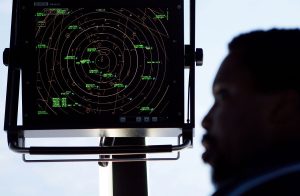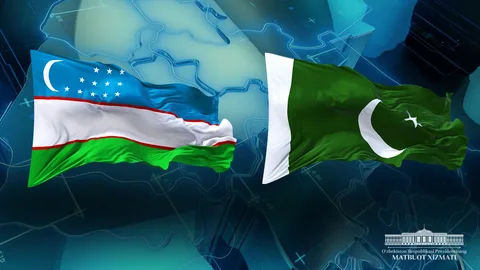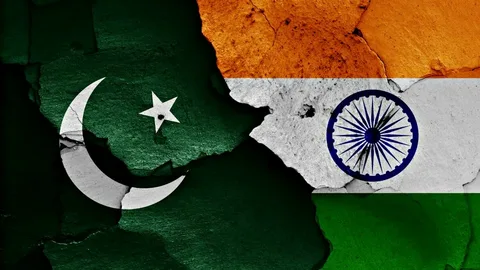Europe’s Strategy to Counter Russian GPS Interference
The Baltic Sea region has seen GPS jamming and spoofing since 2022, primarily from Russia and Belarus, according to a May 2025 letter from European ministers.
In regions like the Baltic and Black Seas, GPS interference is on the rise in Europe, especially close to airports and vital infrastructure.
Ursula von der Leyen, the president of the European Commission, was on an official tour of seven Member States that border or are close to Belarus and Russia when her jet was struck by GPS interference in Bulgarian airspace on Sunday. Authorities in Bulgaria suspect Russian meddling.
“Since the start of the war and Russia’s invasion of Ukraine, since February 2022, there has been a considerable and very noticeable increase in GNSS (Global Navigation Satellite System) jamming, and recently there have been incidents of this in Bulgaria and on the eastern flank, from Finland to Cyprus, affecting EU aircraft and ships,” Paula Pinho, the spokesperson for the European Commission, said on Tuesday.
On the boundaries of the Kaliningrad exclave last year, GPS interference occurred on the aircraft carrying Grant Shapps, the British Defence Secretary at the time.
According to David Stupples, a professor of electronic and radio engineering at City St George’s, University of London, Russia “has jamming bases in Kaliningrad, along Russia’s borders with the Baltic states, and obviously also along its borders with Ukraine,” told Euronews.

This is by no means a unique instance. European ministers noted in a May 2025 letter that GPS interference from aeroplanes had sharply increased since August 2024 and that GPS jamming and spoofing had been detected in the Baltic Sea region since 2022, primarily from Russia and Belarus.
According to Lithuania’s communications authority, the number of GPS interference cases in June exceeded 1,000, which is 22 times more than in June 2024.
Authorities in Estonia said that GPS interference impacted 85% of flights. In January 2025, 2,732 instances of GPS jamming and spoofing were reported in Poland.Warfare that is hybrid GPS interference comes in two primary forms: spoofing and jamming.
Tegg Westbrook, an associate professor at the University of Stavanger, told Euronews that GPS jamming basically produces radio noise to stop the receiver from getting information from a satellite signal.
“Spoofing GPS is more deceptive. False signals are injected to provide the recipient with inaccurate information, such as position or navigational data,” he continues.
According to the expert, Russia employs these hybrid or electronic warfare tactics “to harass and intimidate neighbouring countries,” “A lot of GPS jamming of ambulances, aeroplanes, and forestry activities has occurred in Finnmark in northern Norway, and it has spread to Latvia, Lithuania, and Finland, where it has also had a significant impact on shipping.
The professor adds. Pilots are prepared to handle these situations and are aware of alternate navigation techniques, despite the worries.
“Backup systems are quite effective and, while not as precise as GPS, they are nonetheless rather accurate. Additionally, aircraft are completely safe thanks to ground radar, which is run throughout Europe by Eurocontrol,” says David Stupples.

Tegg Westbrook goes on to say, “The most serious situations where GPS jamming will have the greatest effect or impact are in very bad weather conditions, so when there’s a thunderstorm, when it’s also dark, and especially where there’s a lot of air traffic,” though these circumstances only occur in less than 1% of cases.
In order to better identify interference, the EU will put more satellites in low earth orbit, according to Defence Commissioner Andrius Kubilius on X.
Mark Rutte, the secretary general of NATO, stated on Tuesday that the alliance is also attempting to combat Russian jamming of civilian flights.
Thirteen EU member states requested action from the Commission on June 6th to combat the rise of GPS interference in Europe.
They specifically suggested accelerating the rollout of interference-resistant GNSS services and creating substitute alternatives for the global satellite navigation system.
SOURCE: EURO News











